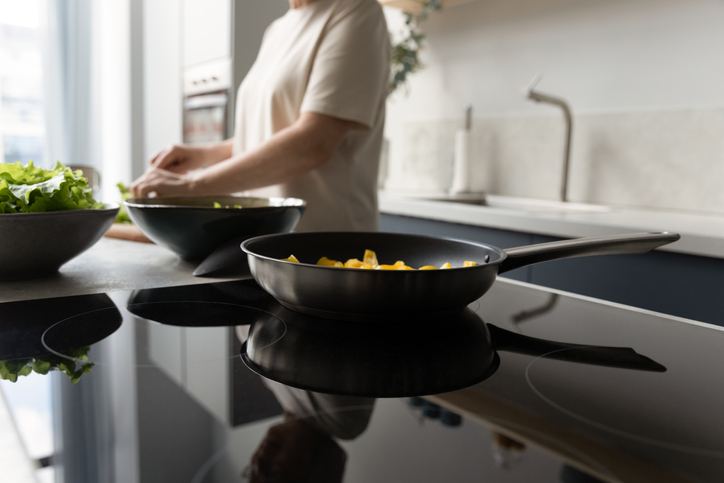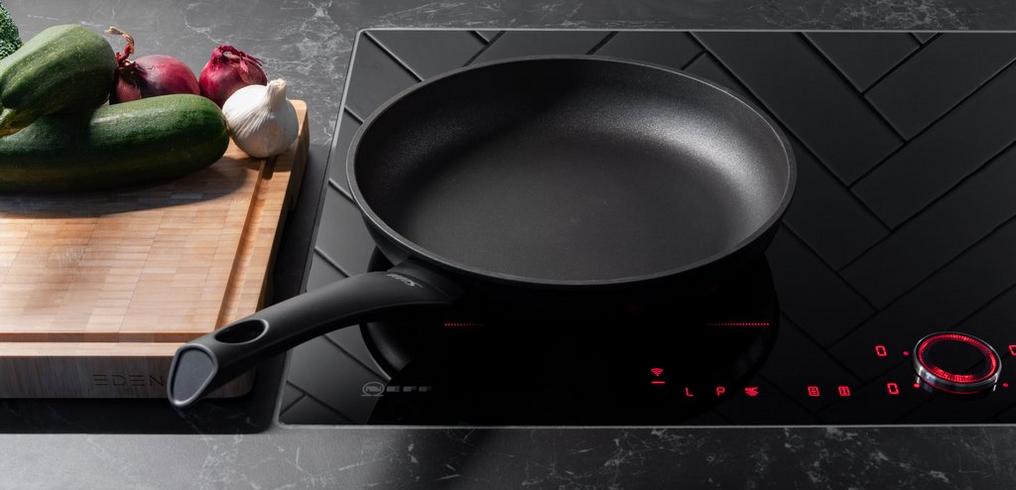How to Avoid Scratches with Cast Iron: Essential Tips for Barbecue Enthusiasts
Written By James Morgan
Introduction
If you're a barbecue enthusiast, you know that maintaining your cookware is as important as mastering the perfect grilling technique. When it comes to how to avoid scratches with cast iron, many find themselves puzzled, especially since cast iron is known for its durability. However, even the toughest materials can be prone to scratches if not handled properly. In this article, we will explore the best practices for keeping your cast iron in pristine condition, ensuring a long-lasting, scratch-free cooking experience.

Understanding Cast Iron Cookware
Before diving into the specifics of avoiding scratches, it's important to understand what makes cast iron the choice of cookware for many grill masters. Cast iron is known for its excellent heat retention and even cooking surface. It's perfect for searing meats and can withstand high temperatures, making it ideal for grilling and barbecuing.
Causes of Scratches in Cast Iron
Scratches in cast iron typically occur due to improper handling or cleaning. Here are some common causes:
- Using Metal Utensils: Metal spatulas or forks can scratch the surface of your cast iron. Opt for wooden or silicone utensils instead.
- Harsh Cleaning Pads: Avoid using steel wool or abrasive cleaning pads that can wear down the seasoning layer.
- Stacking Cookware: Stacking pots and pans can lead to friction and scratching. Use protective layers, such as cloths or paper towels, between stacked items.
Preventive Measures
Prevention is better than cure. Heres how you can protect your cast iron from scratches:
Proper Cleaning Techniques
After cooking, clean your cast iron with warm water and a gentle sponge. Avoid using dish soap, as it can strip the seasoning. If food is stuck, a paste of coarse salt and water can be used to gently scrub without scratching the surface. For more cleaning tips, you can refer to this guide on cast iron care.
Seasoning Your Cast Iron
Regularly seasoning your cast iron creates a non-stick layer that also protects against scratches. To season, apply a thin layer of vegetable oil to the surface and bake it upside down in the oven at 375F for an hour. Repeat this process to build up the seasoning layer.
Storing Your Cast Iron
When storing, ensure your cast iron is completely dry to prevent rust. Place a paper towel or cloth between stacked pans to avoid scratches. For additional tips on lifting and storing cast iron safely, visit this helpful resource.
Additional Tips for Barbecue Enthusiasts
For those who love using their cast iron on the grill, here are a few additional tips:
- Preheat Properly: Always preheat your cast iron before placing food on it. This ensures even cooking and prevents food from sticking.
- Oil the Grill: Lightly oil the grill grates to prevent your cast iron from sticking and potentially getting scratched during use.
- Monitor Temperature: Avoid overheating, as this can damage the seasoning and lead to scratches. Keep an eye on the grills temperature and adjust as needed.

FAQs
Can I use cast iron on an induction cooktop?
Yes, cast iron is compatible with induction cooktops. For more information on using cast iron with induction, check out this external guide.
What should I do if my cast iron gets scratched?
If your cast iron gets scratched, reseasoning it can help restore the protective layer. Apply a thin layer of oil and bake it in the oven as described in the seasoning section.
Why is it important to keep cast iron scratch-free?
Keeping your cast iron scratch-free ensures it lasts longer and maintains its non-stick properties. This enhances cooking performance and prevents food from sticking.
Conclusion
For barbecue enthusiasts, understanding how to avoid scratches with cast iron is crucial for maintaining your cookware's longevity and performance. By following the preventive measures and tips outlined above, you can ensure your cast iron remains in excellent condition, providing you with countless delicious barbecued meals. For more grilling insights, feel free to explore additional resources.



